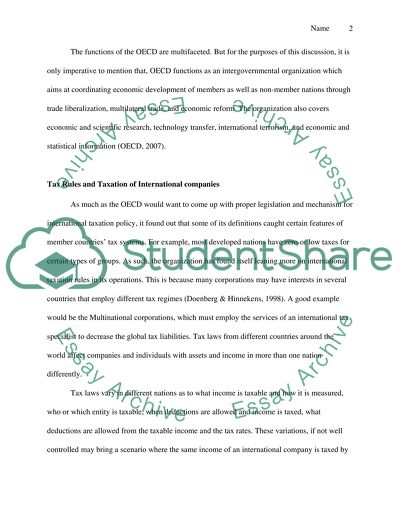Cite this document
(International Taxation Rules on International Companies Essay, n.d.)
International Taxation Rules on International Companies Essay. https://studentshare.org/finance-accounting/1532216-international-taxation-rules-on-international-companies
International Taxation Rules on International Companies Essay. https://studentshare.org/finance-accounting/1532216-international-taxation-rules-on-international-companies
(International Taxation Rules on International Companies Essay)
International Taxation Rules on International Companies Essay. https://studentshare.org/finance-accounting/1532216-international-taxation-rules-on-international-companies.
International Taxation Rules on International Companies Essay. https://studentshare.org/finance-accounting/1532216-international-taxation-rules-on-international-companies.
“International Taxation Rules on International Companies Essay”. https://studentshare.org/finance-accounting/1532216-international-taxation-rules-on-international-companies.


